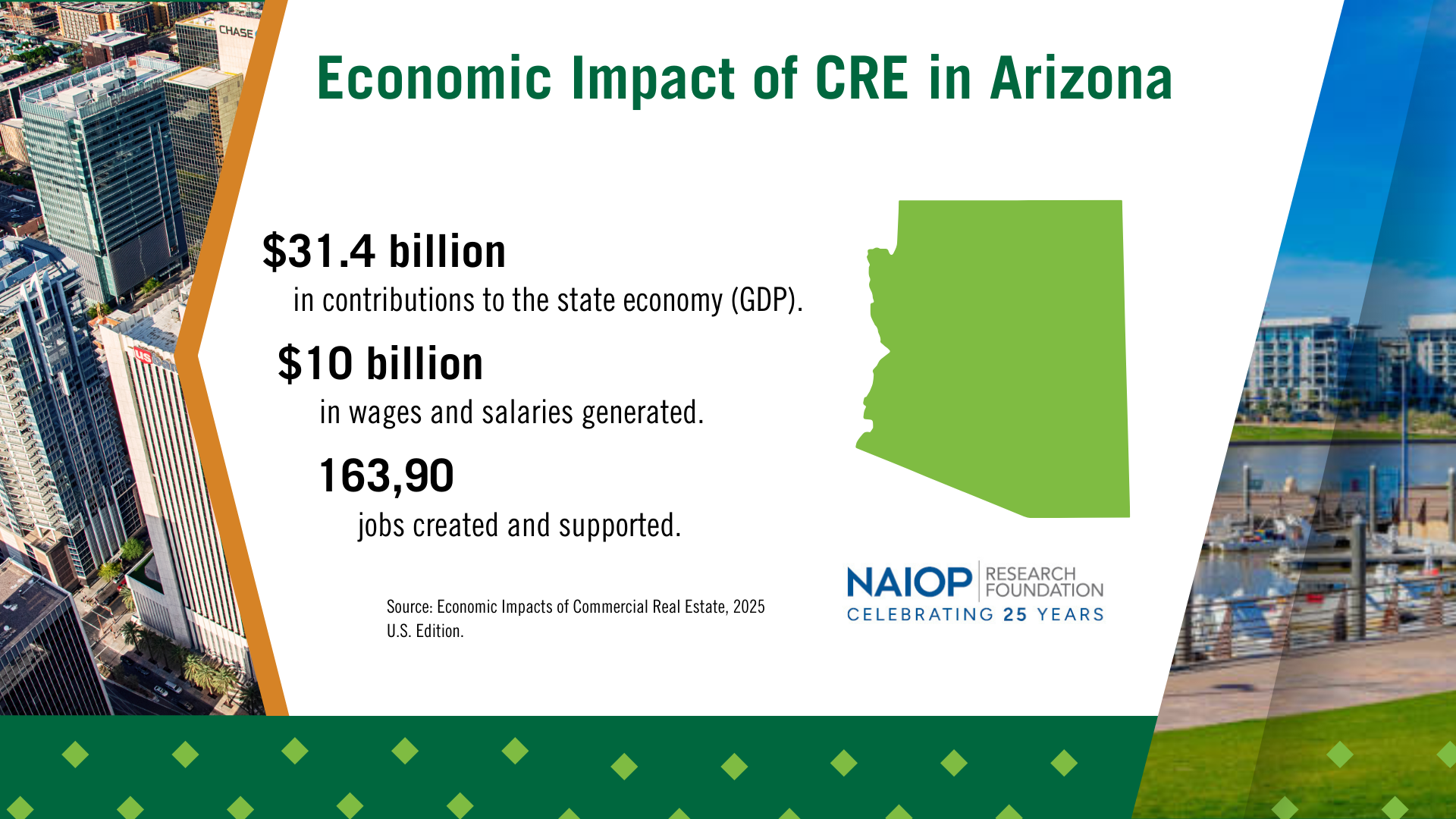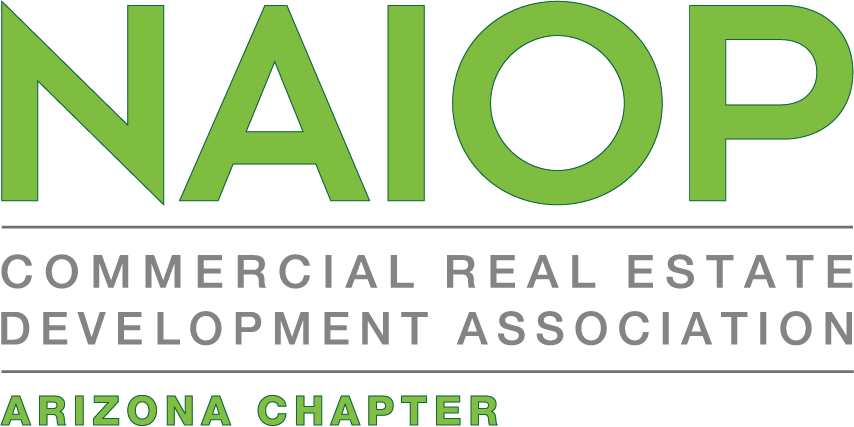“NAIOP’s thoughtful approach to public policy has a positive impact on our industry and our community. NAIOP is a proven leader in a range of legislative issues from taxation to transportation to workforce policy. I’ve personally found NAIOP’s commitment to pro-business public policies to be a driving force in keeping our economy strong.”
Sharon Harper, President and CEO at Plaza Companies
Public policy mission
Positively impact legislation, regulation and policy that affects commercial real estate in Arizona. Position NAIOP as a thought-leader and trusted resource in development, business attraction, and economic growth in Arizona among policymakers at all levels
Guiding Principles
Engage in policy discussions with the executive branch, state legislature, and local governments to ensure commercial real estate industry perspectives are understood, valued and incorporated to achieve innovative solutions to challenges facing Arizona. Support policies that promote Arizona and the greater Phoenix area as economically attractive, position Arizona as the preferred choice for businesses, and drive demand for commercial real estate and overall development. Advance state and local public policies that support the growing development needs of Arizona.

Arizona Water Facts
Industrial Water Users
- Industrial water usage, which includes power plants, cattle feed lots, dairy operations, mines and turf related facilities, accounts for roughly 7% of Arizona's water use.
- 80% of industrial water demand in the Phoenix AMA comes from electric power and turf related facilities.
- Most manufacturers, warehouses, distribution centers and data centers get their water from municipal providers and private water companies that already comply with assured water supply laws.
- Groundwater accounted for 78% of the industrial sector supply in 1985. In 2017, groundwater accounted for 49% and treated effluent accounted for 45%.
- Since the Groundwater Code was enacted in 1980, the State of Arizona has required that industrial users in active management areas meet increasingly more stringent mandatory water conservation measures.
- The wide variation in industrial uses makes regulation much more complex and particularized than it is for residential uses. A typical warehouse uses water only for employee bathrooms. A manufacturing plant may have higher water use but recycle a large percentage of its water. A one-size-fits-all regulation at the state level would damage job creation without measurably reducing water usage.
Commercial & Industrial Development
- Industrial and commercial development includes warehouses, distribution centers, retail, offices and light and heavy manufacturing.
- Many of these development projects receive water from a designated municipality or water provider.
- Before allowing a development to use designated municipality or provider water, a developer must submit a request and the designated provider determines if the water needs fit in its water portfolio.
- Each local government considers its unique water portfolio when evaluating whether to approve new or expanded commercial and industrial uses and whether to require more stringent or particularized water conservation measures than the state requires.
- Cities do not approve new commercial or industrial projects if they cannot meet the project's water needs with existing and planned future supplies.
- Many manufacturing processes recycle more than 90% of water used and some industries actually recycle, reuse, or return 100% of their water.
- Industrial and commercial users can often use reclaimed water instead of potable water.
- Industrial and commercial users increasingly adopt newer technologies to recycle and reuse most of their water.
- Major data center operators, Meta, Microsoft and Google, are all moving towards zero net water use over the next 5 to 15 years.









